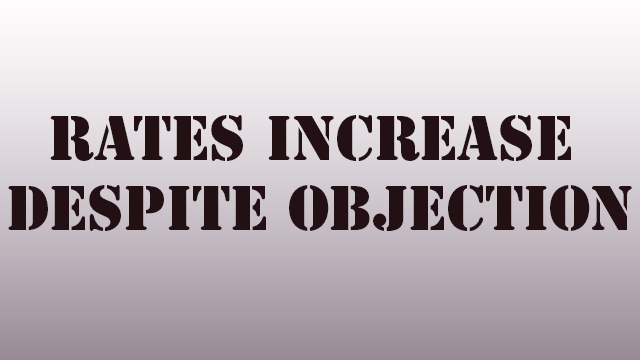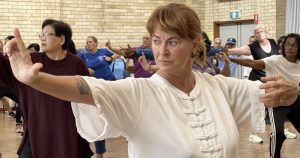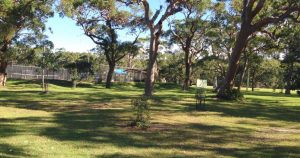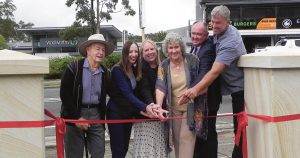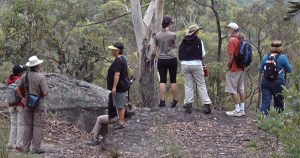[vc_row][vc_column width=”1/6″ offset=”vc_col-lg-1/5 vc_col-md-1/5 vc_col-xs-1/5″][us_image image=”81825″ size=”thumbnail” align=”left” style=”circle” has_ratio=”1″][/vc_column][vc_column width=”1/12″ offset=”vc_col-lg-4/5 vc_col-md-4/5 vc_col-xs-4/5″][vc_column_text]By Annette Madjarian[/vc_column_text][us_post_date][/vc_column][/vc_row][vc_row][vc_column][vc_column_text]Hornsby Shire Council will apply for a Special Rate Variation (SRV), hitting ratepayers with an 8.5% rate increase in 2023/24, despite an overwhelming majority of the community being against the move.
As part of Council’s plans, rates would rise by 8.5% in 2023/24; 7.5% in 2024/25; 6.5% in 2025/26; and 5.5% in 2026/27. This would be an increase of 31.05% (cumulative) over four years, including the annual rate peg set by the NSW Independent Pricing and Regulatory Tribunal (IPART).
Recent Council community engagement, conducted by external consultants Morrison Low, revealed that 86.29% of online submissions did not support Council applying for an SRV. The Galston, Glenorie & Hills Rural News has been contacted by residents concerned with the rates increases, following our front page story last month. See pages 29, 30 and 31 of this edition for ‘Letters to the Editor’ about the issue. Residents told Council the SRV increase was too high and unaffordable, particularly in the current economic conditions of inflation, interest rate rises, and general cost of living pressures. In their report to Council, Morrison Low said that residents saw the rates hikes as “bad timing with the rising costs and financial stress on the community or as a waste of money or a money grab”. Residents said Council should understand how the community feels due to the current economic environment and financial stress.
Another area of concern was the impact of the proposed SRV on retirees and pensioners, who may find it harder to pay the rate increases and in the context of COVID-19 and its impact on cost of living and businesses, would be further exacerbated by an introduction of an SRV.
Residents have told Council to reduce services, prioritise projects, increase productivity and efficiency, reduce staff salaries or overhead costs, and have better financial management and enhancing savings, rather than hit them with the rate spike. Also, that Council had priorities not supported by the community, and that essential projects only be funded, concentrating on core services. Hornsby Shire Council General Manager Steven Head said 2,500 residents had made a submission and some 600 residents attended one of 14 community forums. Council is blaming the 2016 boundary adjustment with Parramatta Council as the main reason for its financial decline. Also, that finances were diminishing “due to a rate peg that does not adequately reflect the increasing costs of servicing the community; cost shifting from State and Federal Governments; the cost impacts of increasingly frequent natural disasters; the COVID pandemic; and, more recently, the significant inflationary pressures that the entire community is facing”.
Without the rate increases, Council’s forecast deficit from normal operations will exceed $8 million by 2033. Council said the SRV would “address the ongoing resilience of Council’s capacity to support its community through the continuation of current services (financial sustainability), long term sustainable management of community assets and the implementation of several strategic initiatives”.
In an attempt to quell particular concerns for pensioners, Council propose to increase its pensioner rate concession by $50 – to $300 per year (commencing 2023/24 financial year). It would also review its Hardship Policy. Council has advised IPART of its intended rate hike plans, with the view to have it submitted to IPART by 3rd February 2023. IPART will then conduct its own consultation, with public submissions likely to be sought in March 2023, before they make their decision in May. If approved, the rates increase would take effect from 1st July 2023.[/vc_column_text][/vc_column][/vc_row]
